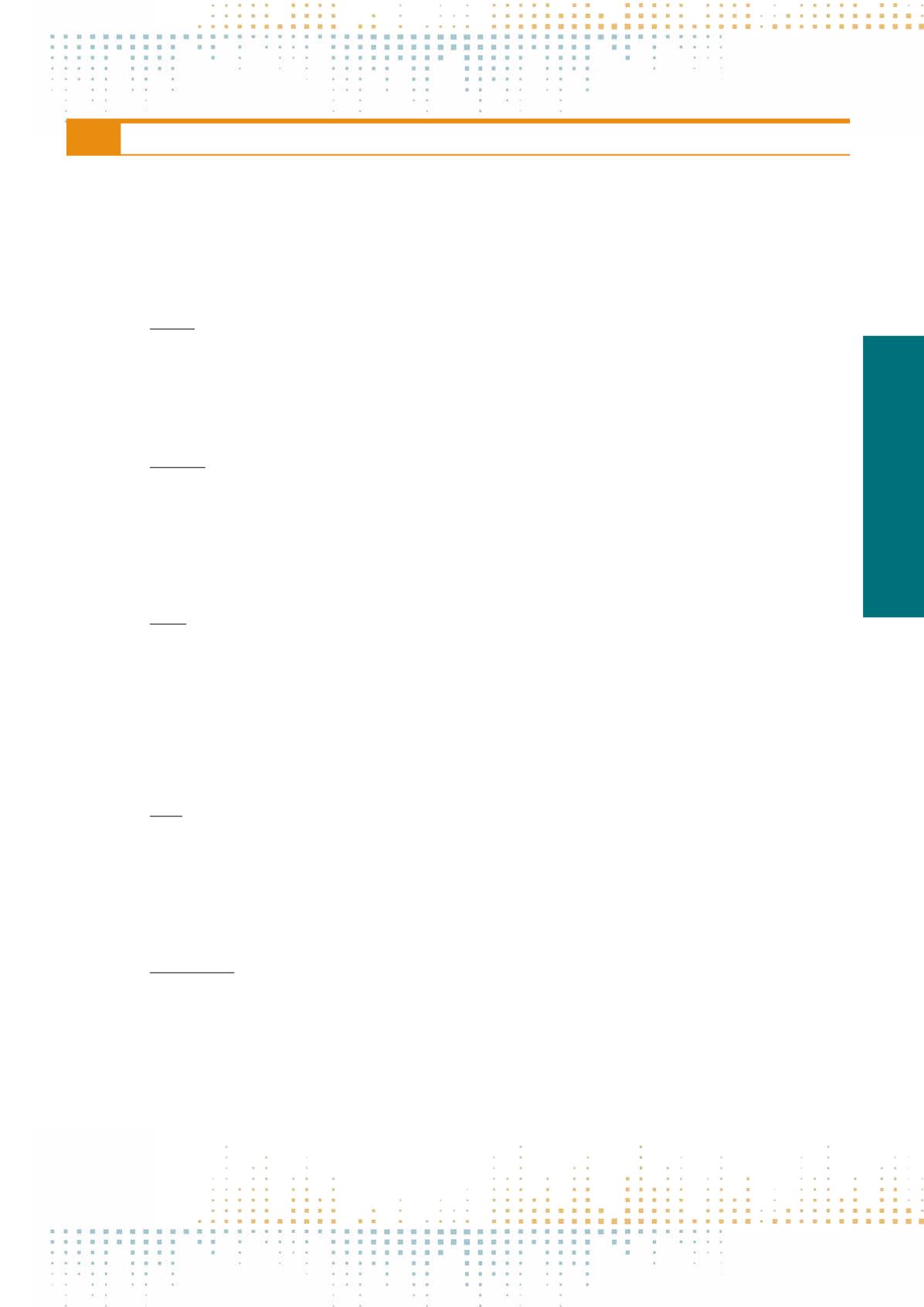

635
Thursday, November 10
1 1 : 0 0 – 1 2 : 3 0
SPC03
Roundtable: The 2016 Brexit ReferendumCampaign
D. Jackson
1
1
Bournemouth University, Bournemouth, United Kingdom
On 23
rd
June 2016 the UK voted to leave the European Union; a seismic decision that sparked a political and economic crisis, exposed deep social divisions
and raised many questions for the future of European integration. For communication scholars, the EU Referendum is also an opportunity to study the cam‑
paign itself in the context of contemporary debates in political communication and campaigning. In this roundtable we take up some of the key talking
points of the campaign including press and broadcast news coverage, gender and the politics of emotion.
PN 087
A Tory Story? News Media Coverage of the UK's EU Referendum
J. Stanyer
1
1
Loughborough University, Loughborough, United Kingdom
This paper examines the press and TV coverage behind what is arguably the biggest decision in recent UK political history. Based on a systematic analysis
of media coverage of the referendum campaign the paper provides a critical overview of the issue agenda, the focus on personalities and the tonality
of news content.
PN 088
Newspapers’ Editorial Opinions: Lacklustre Support for Remain Drowned Out by Tenacious Promotion of Brexit
J. Firmstone
1
1
University of Leeds, Leeds, United Kingdom
This paper presents an analysis of the editorial opinions of the British press. It explores how newspapers declared editorial positions which strategically
aimed to influence politicians, campaigners and readers during the referendum campaign. The research investigates what editorial positions were taken,
how strongly these were injected into the debate, and how positions were constructed. By creating a 'tenacity' score to evaluate each newspaper’s editorial
position the analysis concludes that the anti EU newspapers shouted loudest, with the strongest conviction.
PN 089
Bending over Backwards: The BBC and 'Phoney' Balance
I. Gaber
1
1
University of Sussex, Brighton, United Kingdom
During the EU referendum campaign the BBC was desperate to appear 'balanced' not just because they are legally obliged so to be, but also because,
with their charter due to be renewed by a hostile Conservative Government, they were anxious not to give their opponents an easy target to attack. They
interpreted this by literally balancing every Remain story with a comment from Leave and vice versa. This meant, for example, that a statement in favour
of Remain by almost 1,300 chief executives was 'balanced' by a quote from literally one entrepreneur arguing the opposite case. The result was coverage
that was tedious, confusing and, despite the BBC's best efforts, ultimately biased. The lesson of this episode is that balanced coverage is not the same as
'impartial' coverage.
PN 090
Media Mansplaining: Gender and Political Voice in the EU Referendum Campaign
K. Ross
1
1
University of Newcastle, Newcastle, United Kingdom
Most work which looks at women politicians and the media suggest that they struggle for voice in campaign coverage and their marginalisation was again
clear in this campaign to the point where journalists themselves felt obliged to make comment. Here I discuss how the political rhetoric about the impor‑
tance of women voters never materialised in any substantial way and suggest that where women politicians were rendered visible they were mostly token,
deviant or dead.
PN 091
The Emotional Politics of the EU Referendum: Bregrexit and Beyond
K. Wahl Jorgensen
1
1
Cardiff University, Cardiff, United Kingdom
This presentation suggests that more than anything, the EU referendum campaign embodied a negative politics of emotion, highlighting the divisive nature
of the debate. The emotional tone of arguments on both sides focused on fear, anger and disaffection. The aftermath of the referendum, by contrast, has
brought about “Begrexit”– remorse associated with the decision. The outpouring of negative emotion suggests that we need to take seriously the depths
of disenchantment and division, but also that we need a new emotional politics – one built on positive emotion – to move forward.



















